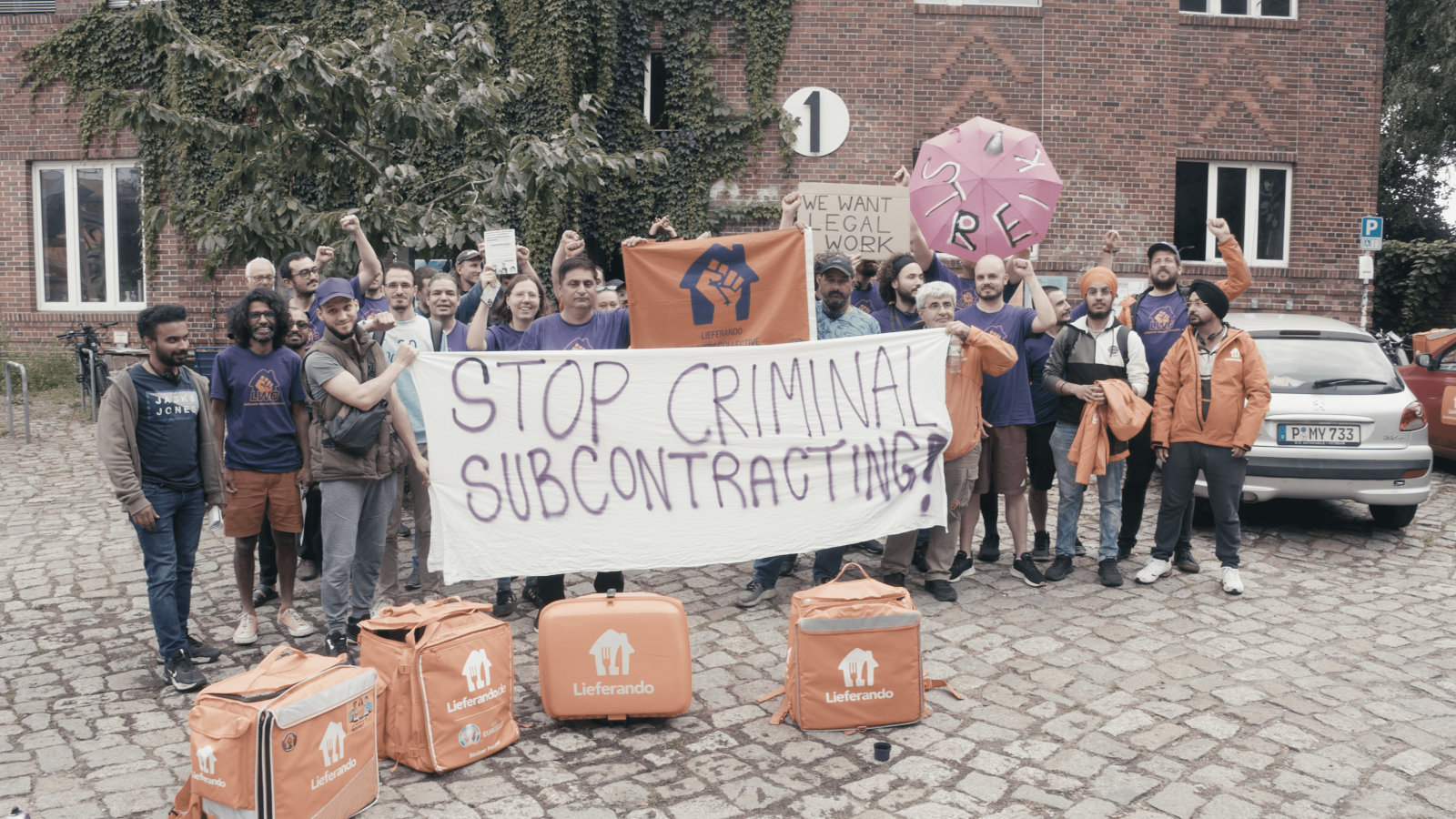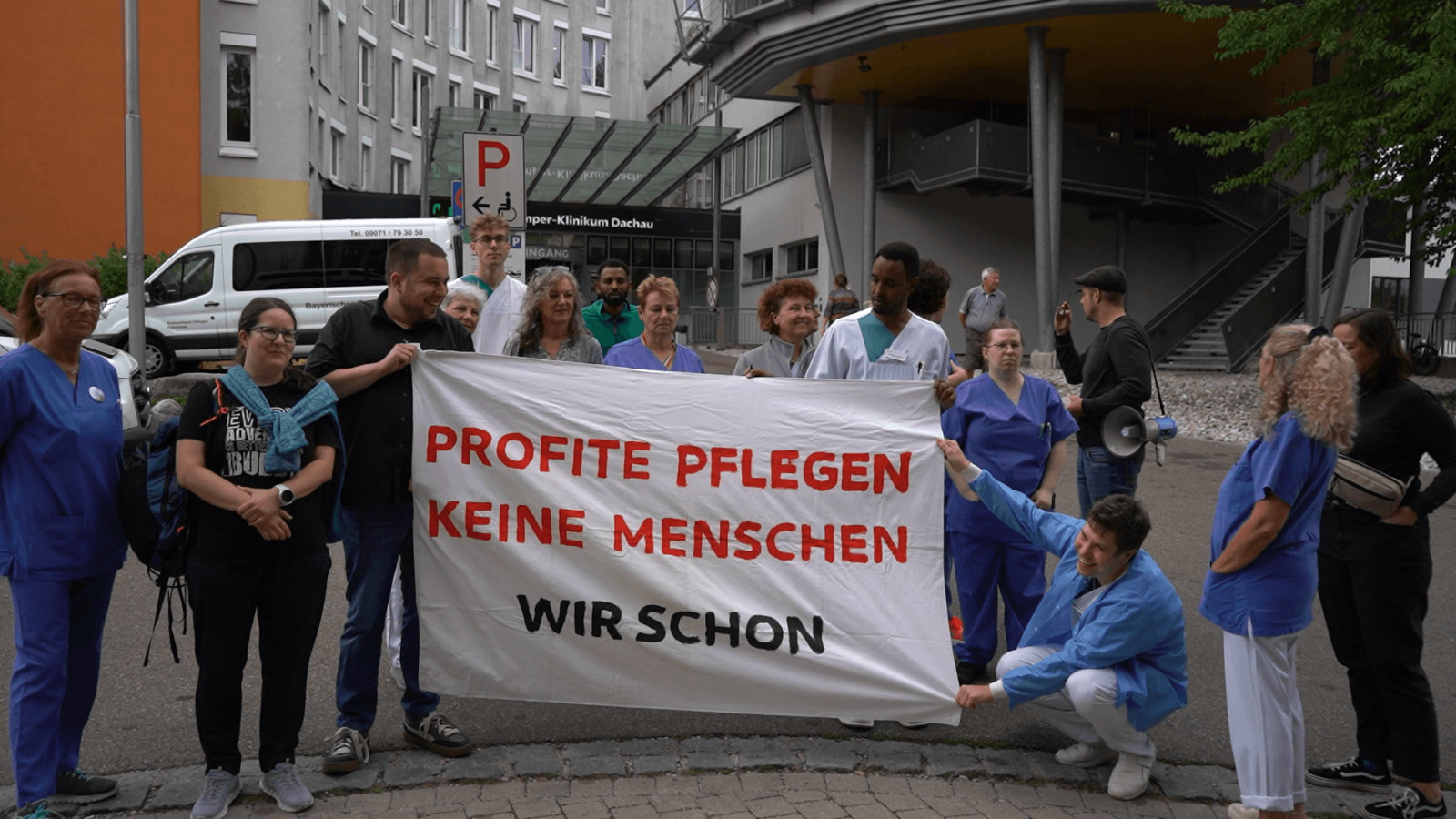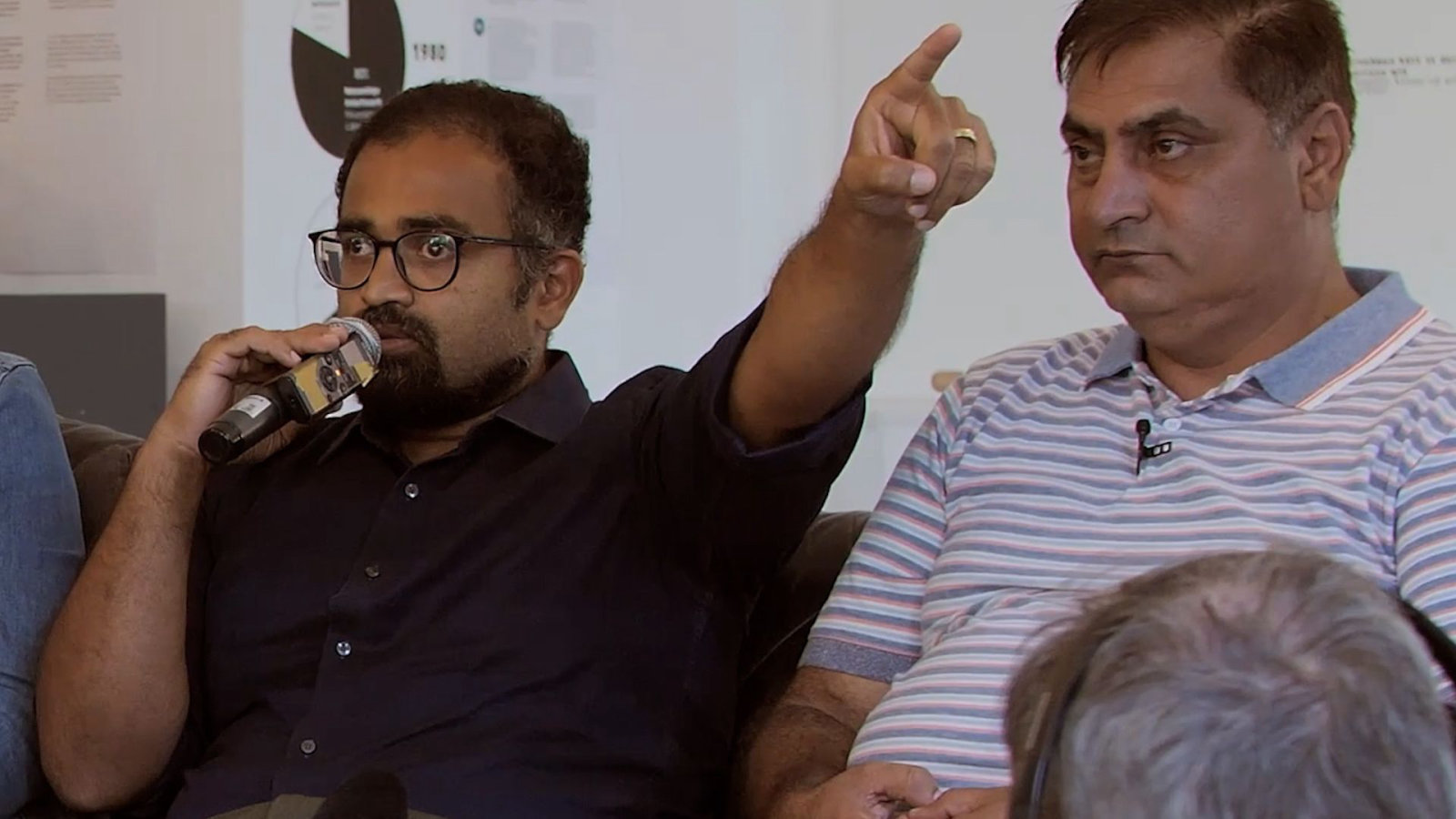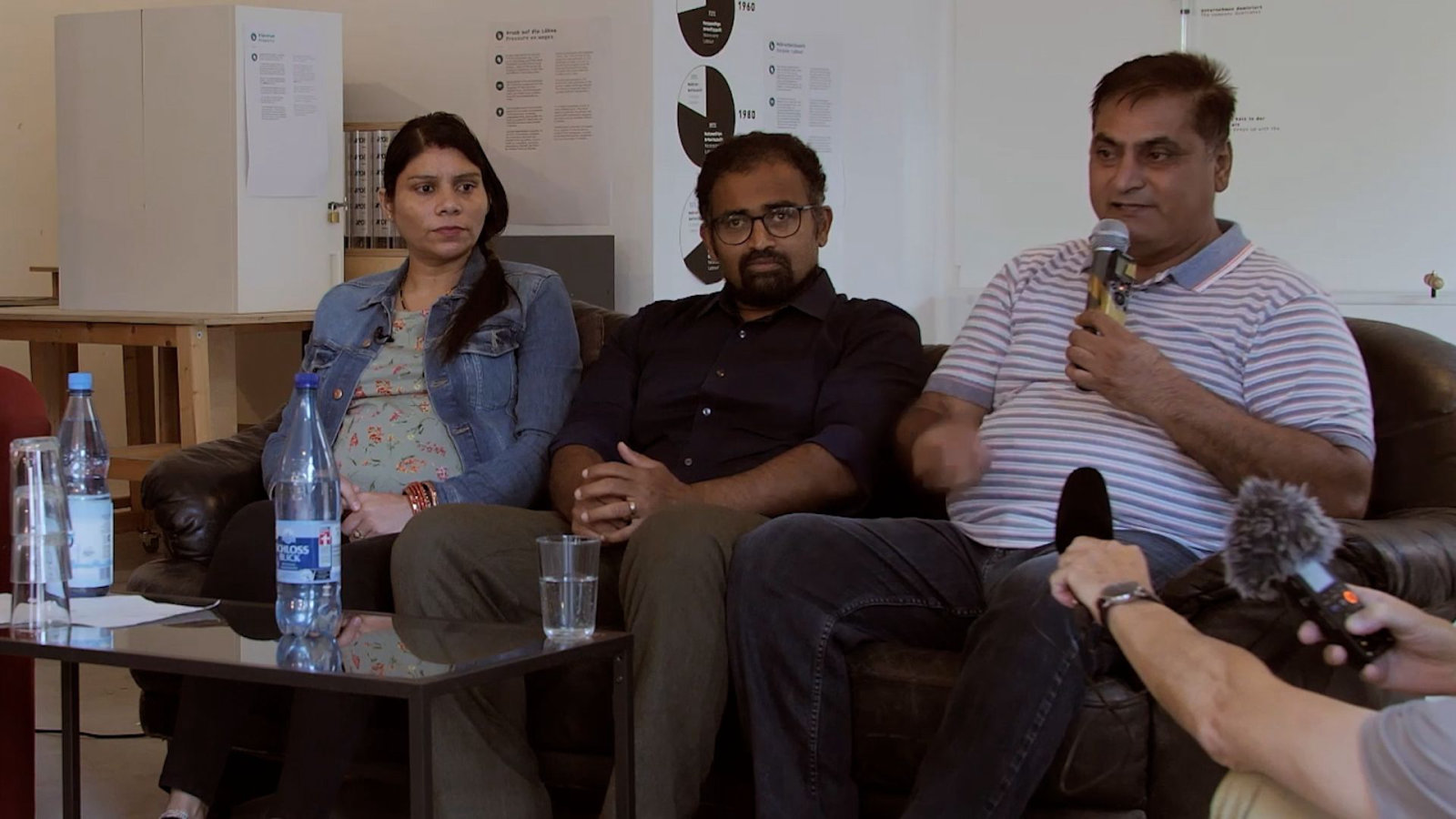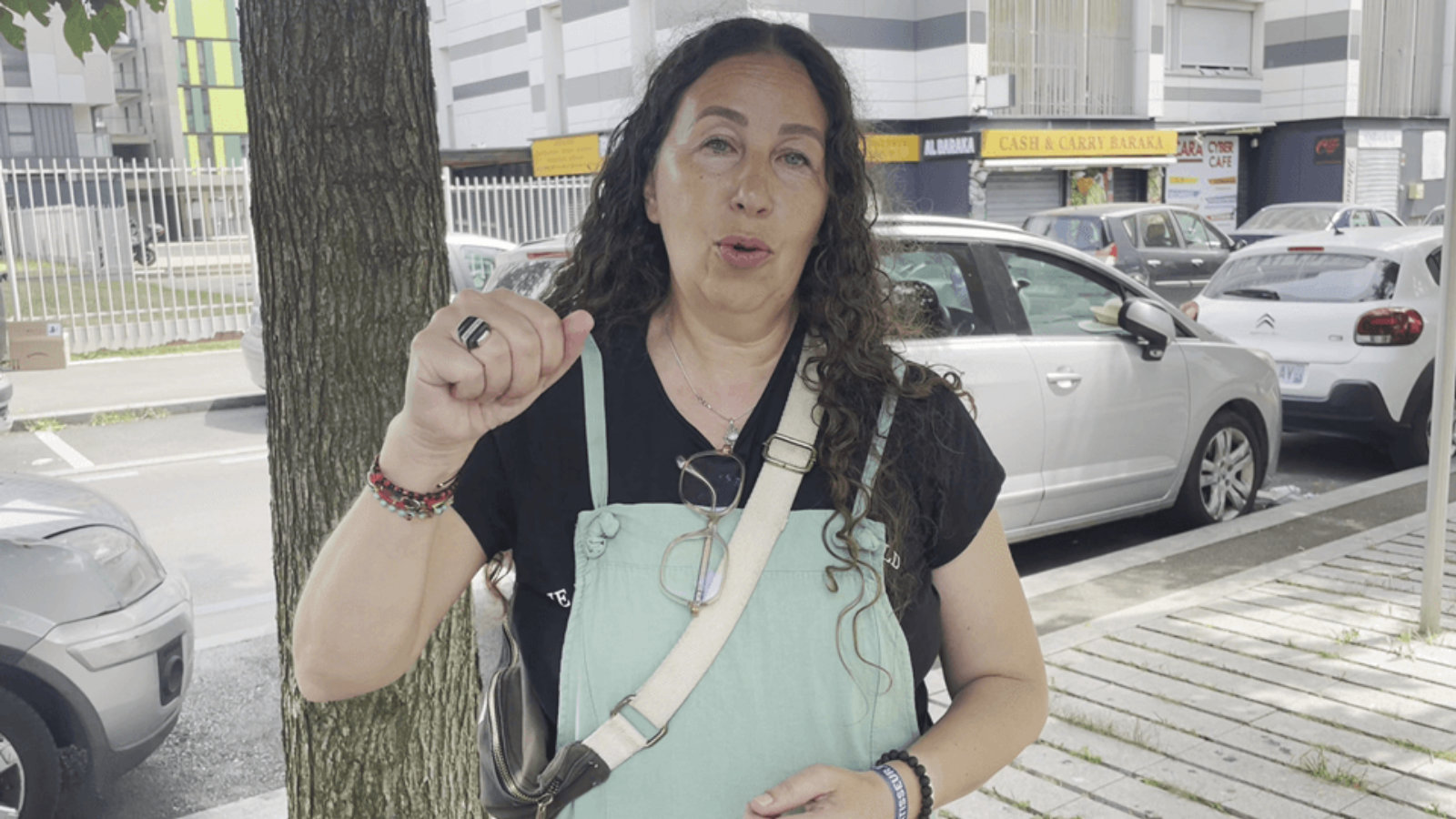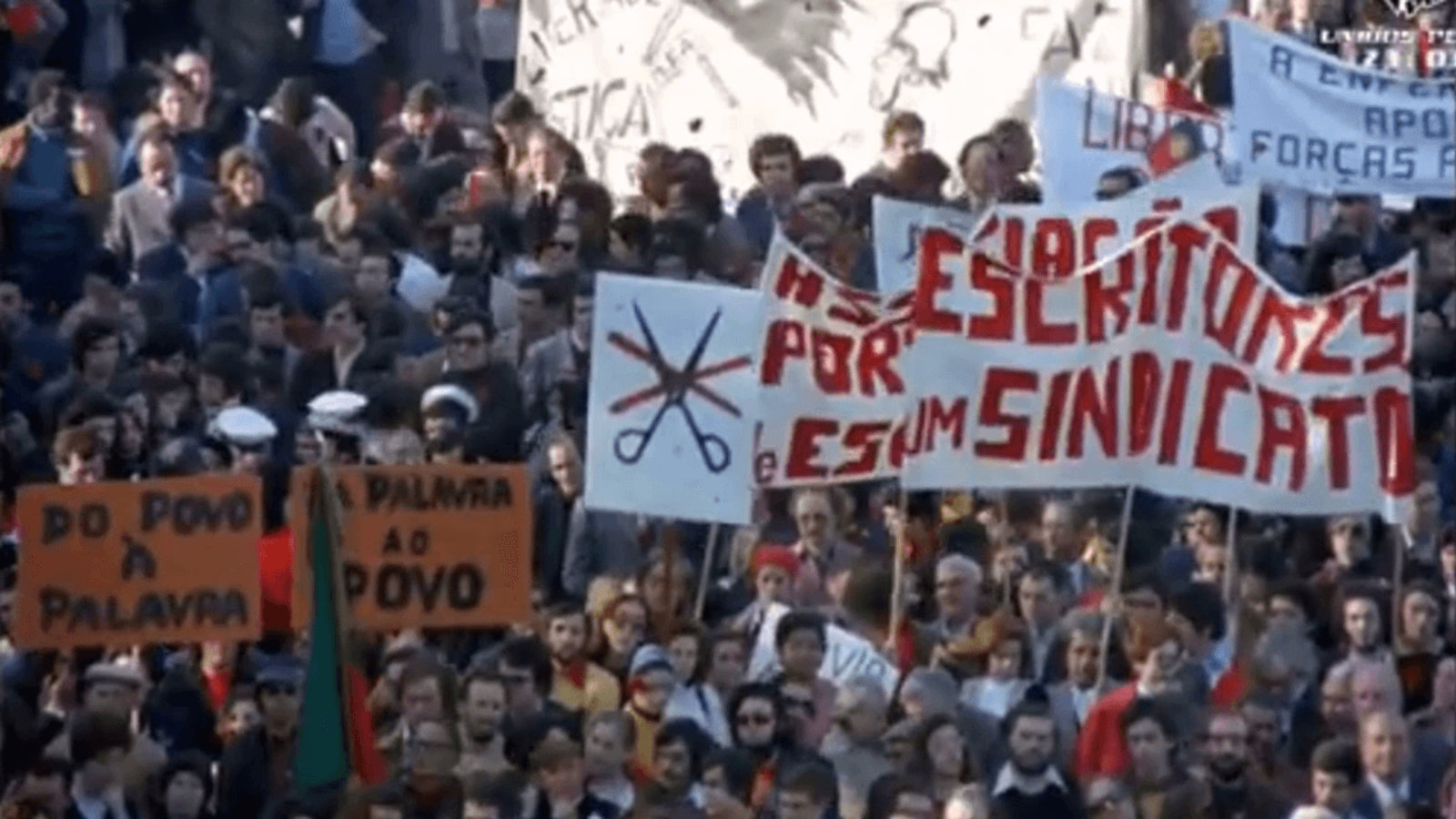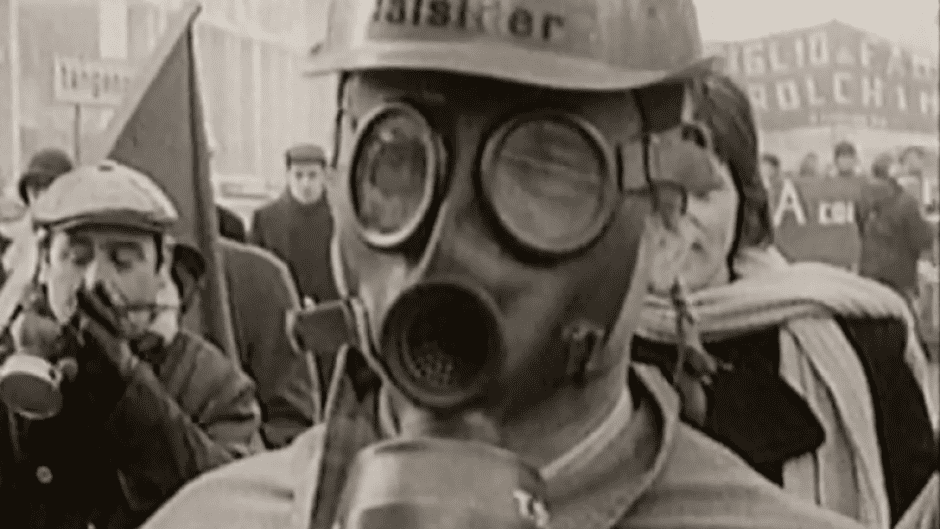
Porto Marghera - The Last Firebrands
This remarcable film describes the struggles in the petrochemical complex of Porto Marghera between 1955 and 2004 - from the point of view of some militant workers.
Together with students and intellectuals they formed a group that was active under different names between the early 1960 and the 1980ies. They fought against the bosses, but also against the destruiction of the workers health and environmental contamination.
"Everybody, workers and employees, were sent to the slautherhouse in these factories, where the vinyl chloride gas was dealt with almost openly. A gas that at the time was already known to be carcinogenic." In the wage slpis the company considered this "harmfulness" (nocivitá) and remunerated it with a bonus, thus "buying the workers' health for a few Lire", as a worker put it in the film.
After 1968 they were expulsed from the union CIGL and affiliated themselves with Potere Operaio. In the factory they organized factory councils and approached the contract workers as well, to warn them about the poisenous substances they were exposed to. They expanded their activities to the neighborhood and took part in occupations and in the founding of district comitees.
In 2014 the film has been published and subtitled by the german Wildcat collective. They write about the film:
"Unlike most more or less academic accounts of Italian Operaismo, which tend to focus on high-profile groups and individual leaders, 'Porto Marghera – gli ultimi fuochi' documents autonomous worker organization from the point of view of the worker-activists themselves, who talk about their experiences in the film. Many aspects and problems of this phase of class struggle are of immediate relevance today. For example:
The Porto Marghera workers fought for better conditions within their work and at the same time against the damaging impact the chemical industry and of work itself. They defended their health-damaging jobs, yet did so from a deeply critical perspective, at a time when a middle-class moralizing green movement did not exist.
They developed independent organizational forms within the existing struggles of the time. This meant reassessing the relationships between:
- the workers' mobilizations and their own role as active workers
- the factory and the wider social terrain
- workers' struggles, new forms of union representation and 'professional' political groups like Potere Operaio
- mass movement, armed insurrectionist groups and state repression."
